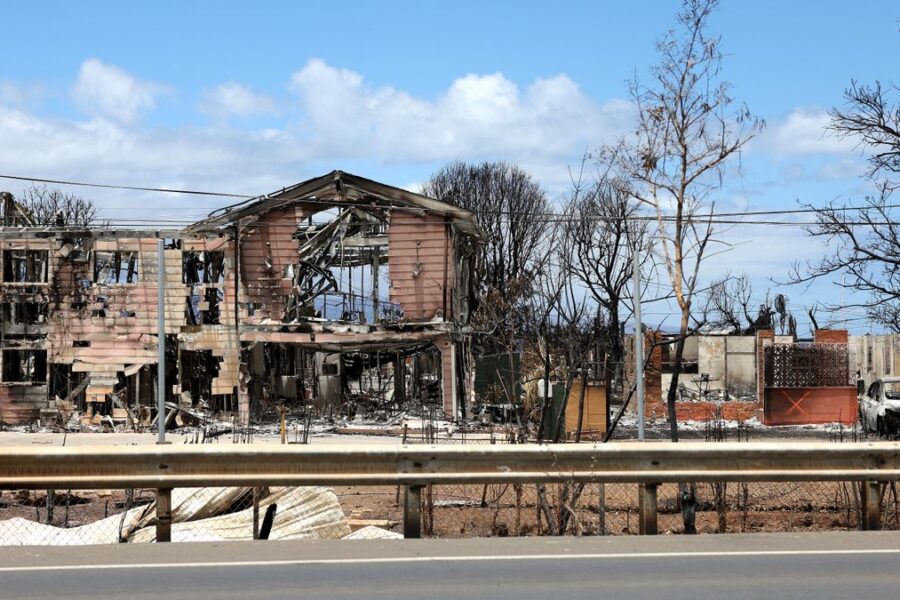Senators call for changes to ‘inefficient’ disaster-recovery funding program
Congress must permanently authorize a critical federal disaster recovery grant program to ensure a swift and efficient allocation of funds to disaster-struck communities, senators and disaster recovery experts said at a Senate appropriations subcommittee hearing on Dec. 12.
The Department of Housing and Urban Development’s Community Development Block Grant Disaster Recovery program, or CDBG-DR, has never been authorized by Congress, despite being “a critical resource for disaster-affected communities,” Sen. Cindy Hyde-Smith said at the hearing. That means that each year, the program relies on Congress to finance it with special appropriations.
Often, Congress leaves the decision to end-of-year spending negotiations, leaving disaster-affected communities and governments in the lurch as they wait to hear how much recovery funding they will receive, said Shaun Donovan, former HUD secretary and CEO of nonprofit Enterprise Community Partners, testifying at the hearing.
“To put that in perspective, all of the communities who’ve experienced tragedies this year, including Maui where the devastating wildfire took place over four months ago, are still waiting to find out if they’ll receive funding,” he said. Once the money is appropriated, HUD writes new regulations that state and local governments must parse through to understand how to access financial support. This whole process can mean months or even years before recovery efforts get underway.
“Without certainty about when and how much aid will come, local governments end up doing some things twice and other things not at all,” said Sen. Brian Schatz, D-Hawai’i, who introduced in May a bill to permanently authorize CDBG-DR, create consistent regulations and provide the program with more steady funding. “From a governance standpoint, [the process is] wasteful and it’s inefficient, and for survivors, the uncertainty and delay make the already difficult task of recovery even harder.” Schatz was adamant that “it is not cheaper to do things the way that we are currently doing.”
To read the complete article, visit Smart Cities Dive.

















